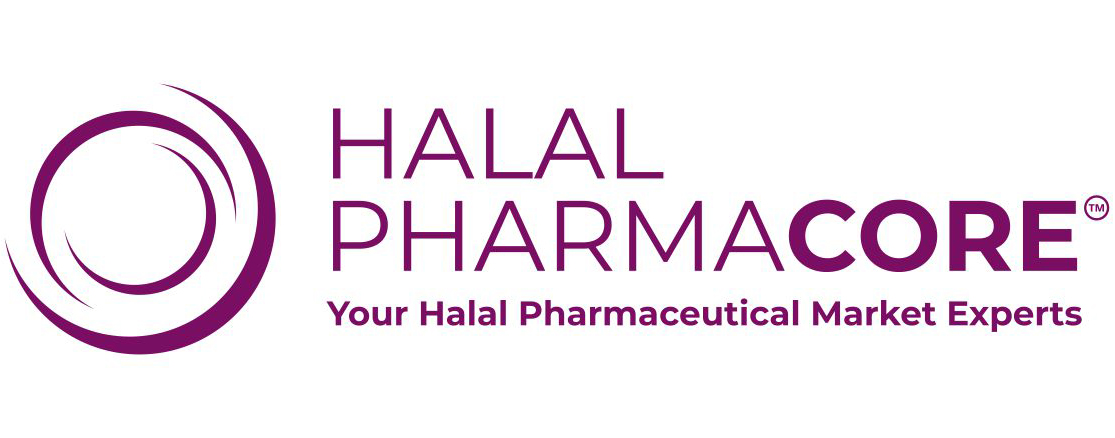China’s Burgeoning Halal Trade: Implications for the Arab World
Highlights: The global halal economy, rooted in Islam’s dietary laws, has grown significantly, with the market now valued at nearly $2.3 trillion, serving 2 billion Muslims. China’s role in this market has become prominent, especially since 2021, when it became the leading exporter of halal goods to the Organization of Islamic Cooperation (OIC) countries, with trade valued at $40.4 billion. China’s exports range from modest clothing and recreational goods to a notable share in the halal pharmaceuticals and cosmetics sectors, driven by increasing demand for halal-certified ingredients.
China’s expansion into the halal industry, particularly in Arab countries, is supported by strategic partnerships like the 2017 deal between Dubai Food Park and China’s Ningxia Forward Fund Management Company. This partnership is part of China’s broader ambition to capture a larger share of the global halal market, with plans to establish a $1.5 billion industrial food cluster.
However, China faces challenges in halal certification legitimacy compared to Southeast Asian and Arab countries like Malaysia, Saudi Arabia, and the UAE, which have established authority in this area. To address this, China is cooperating with Malaysia’s JAKIM and may seek partnerships with Gulf certifiers to enhance the credibility of its halal products and further penetrate the global market.
Link to Original Article
